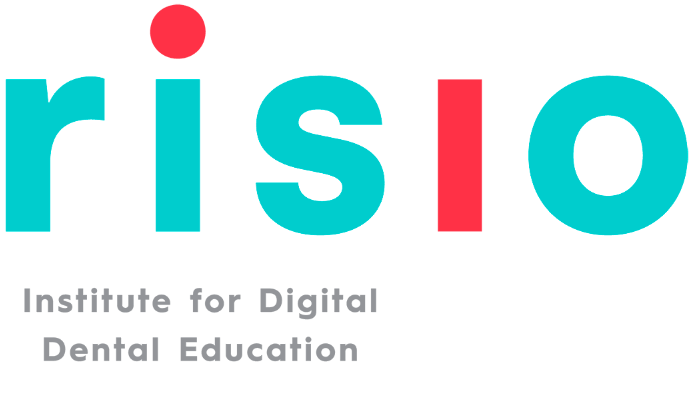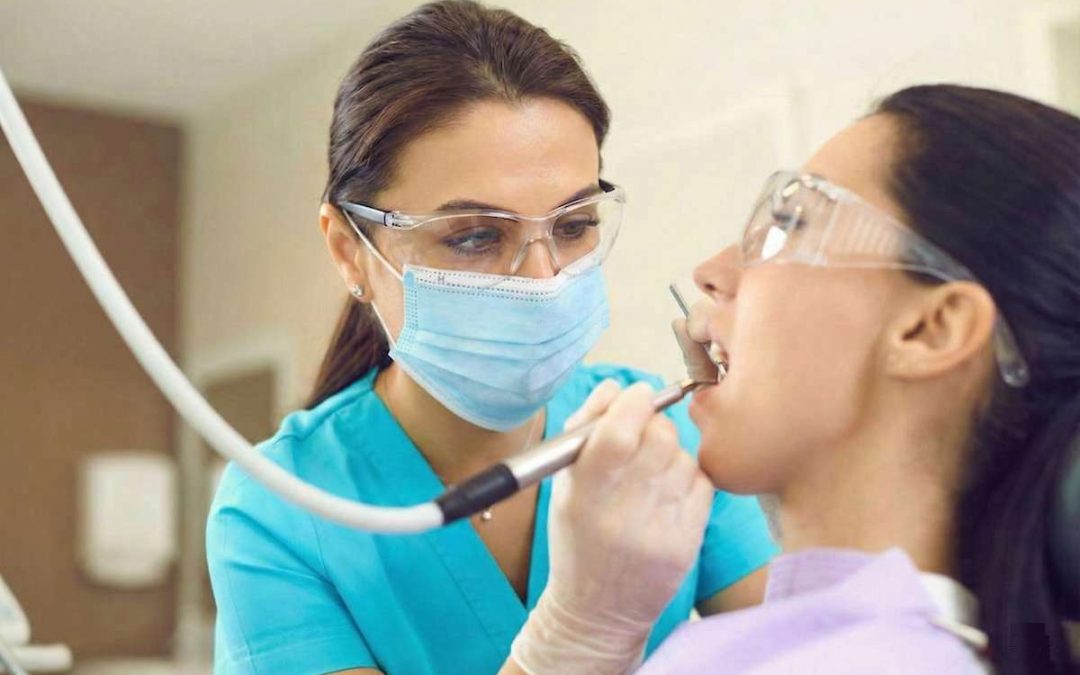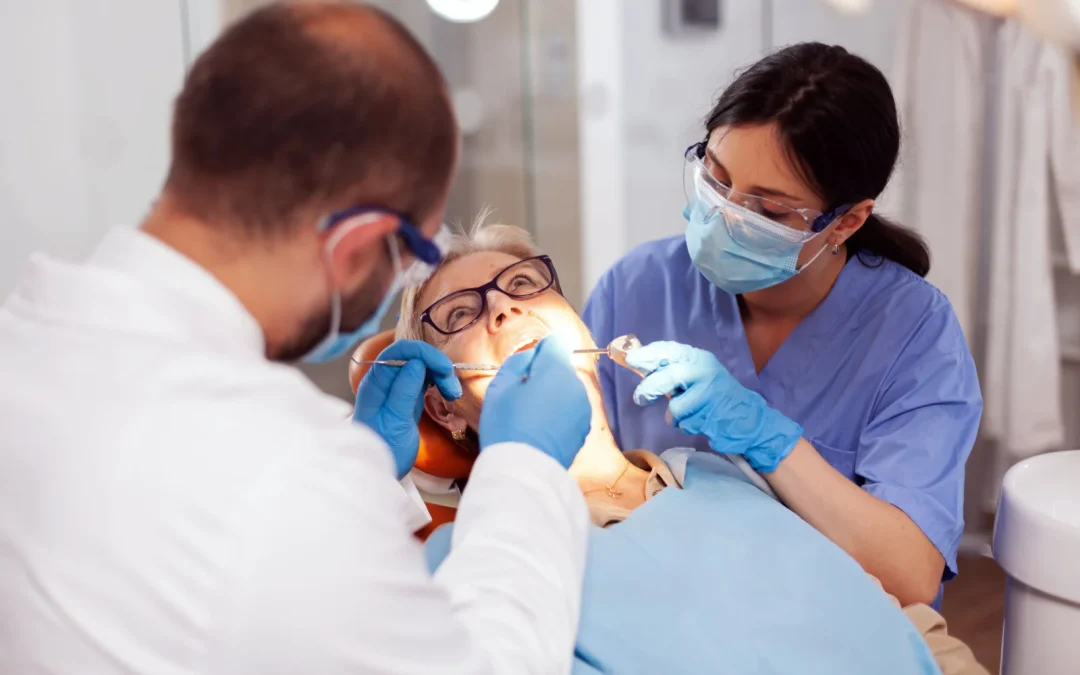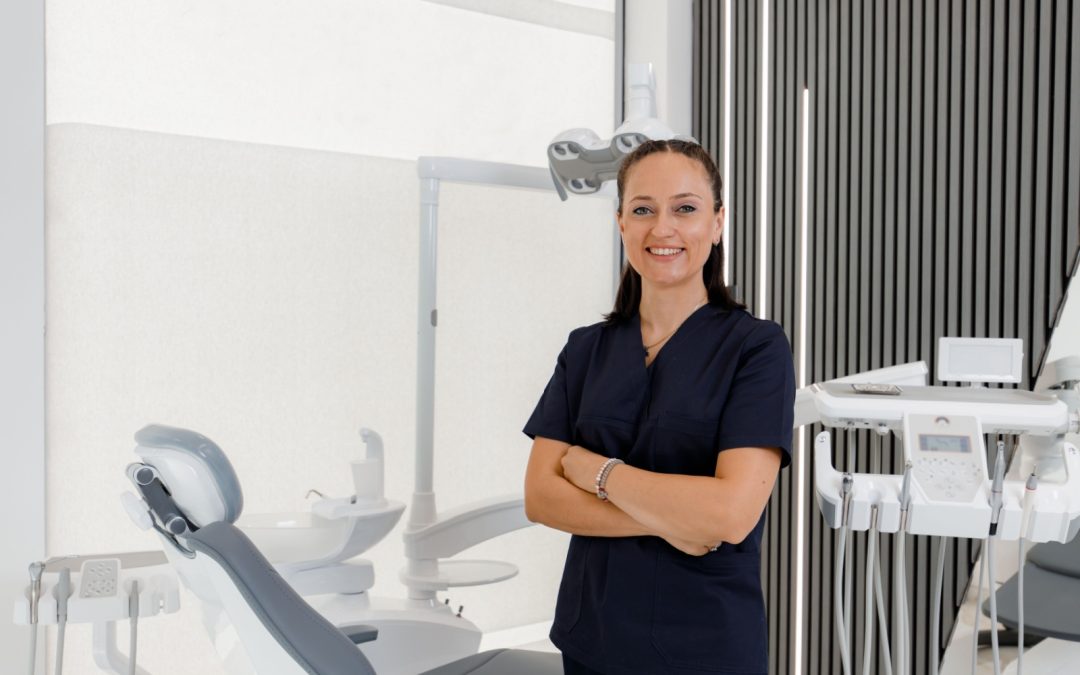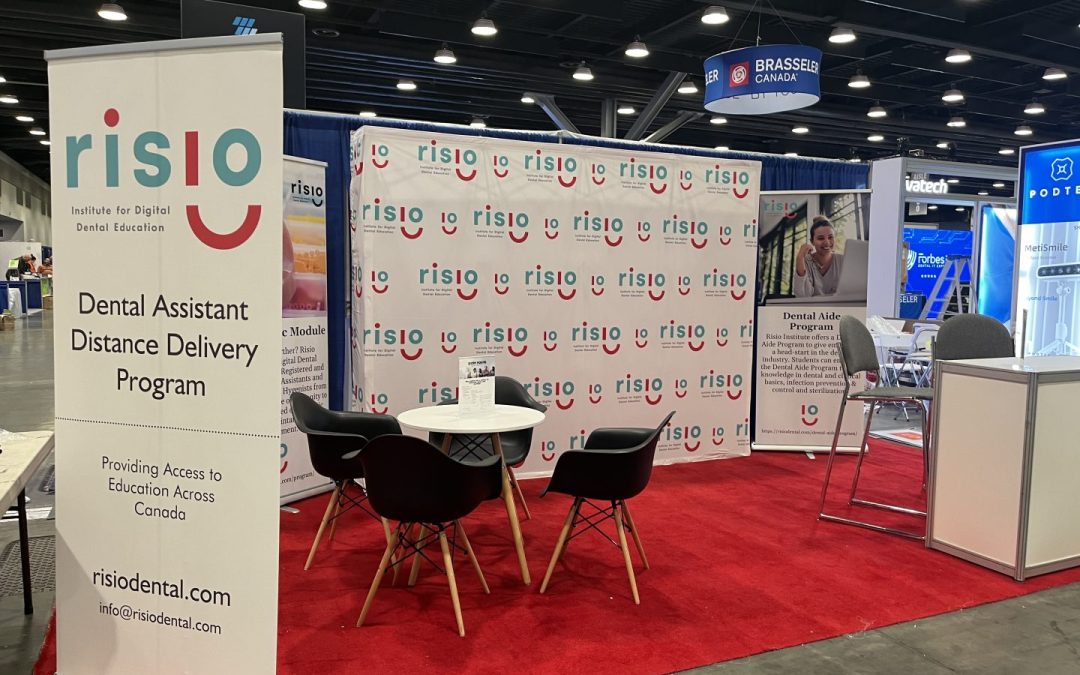A career as a Registered Dental Assistant (RDA) combines academic learning, hands-on training, and real-world experience. One of the first questions prospective students often ask is how long will the training take?
In Canada, most full-time dental assistant programs run for about 20–21 months, while accelerated options can shorten the process to just 28–36 weeks through condensed, intensive coursework. The exact duration depends on factors like the province, program format, and whether the curriculum blends online theory with in-person clinical training.
Alberta: Typical Program Path with Examples
In Alberta, blended or hybrid dental assistant programs commonly begin with an online or in-class theory phase lasting roughly 10–11 months. This phase covers topics such as infection control, chairside assisting, radiography principles, patient communication, and dental materials.
Program models in Alberta often include:
- Diplomas of around 45 weeks, combining comprehensive theoretical learning with hands-on training and a field placement to prepare students for the National Dental Assisting Exam.
Certificate programs lasting about 10 months, structured in sequential blocks that emphasize simulation and clinical skills in dental clinic settings. - Accelerated diplomas of approximately 28 weeks, with concentrated hands-on practice in specialized training environments.
At Risio Institute for Dental Education, students follow a blended learning model that combines flexible online theory with focused in-person clinical sessions and a practicum placement. This structure allows students to gain the same breadth of training while balancing work and life commitments.
After the first term theory component, students complete a short, in-person clinical training module (12 days), followed by a second term theory component and a short, in-person clinical training module (7 days). After this, students move into a 120-hour practicum in a dental office, often over three weeks. Altogether, students following a standard pace may complete training in approximately 21 months.
Ontario: Typical Program Path with Examples
In Ontario, blended dental assistant programs tend to have a longer theoretical phase, ranging between 18 months to one academic year, followed by clinical placements and a final practicum.
Program models in Ontario often include:
- Diplomas of about 60 weeks, which blend theory with an externship of roughly 150 hours, delivered in a hybrid format.
- Programs of one academic year, combining academic studies, radiography training, and field placement.
- Certificates of about 36 weeks, designed to accelerate licensure preparation while still incorporating simulation labs and clinical placements.
Risio Institute offers a similar blended structure for Ontario students, combining online coursework with short, intensive clinical sessions and a practicum. This format makes it easier to complete certification requirements without pausing your career or relocating.
Each of these models is designed to accelerate the path to certification while still integrating essential practical experience. When accounting for theory, clinical sessions, and practicum, the typical completion time is around 20 months on a standard schedule.
Practicum: The Final Component
Regardless of province, the final phase of training, usually a 120-hour practicum or externship, can be very important. This stage enables students to transition into professional roles, working alongside experienced dental staff, gaining confidence, speed, and proficiency within real dental environments.
Working While Studying
Many programs allow or encourage students to work part-time in a dental office, often around 14 hours per week, alongside coursework.
Gaining Experience While You Learn
This work-integrated learning approach provides:
- Immediate practical application of theoretical knowledge
- Early networking within the dental profession
- Financial assistance to help offset tuition and living expenses
By graduation, students often have both credentials and meaningful workplace experience.
Flexible Pacing Options

Blended programs frequently offer standard and accelerated pacing options:
- Accelerated tracks compress the timeline, allowing students to complete their training in under a year, but they require a more intensive commitment.
- The standard pace, usually around 20–21 months, provides more flexibility—making it easier to balance coursework with other life commitments.
Broader Career Development Opportunities
For those who are still exploring their options before committing to full certification, Risio’s Dental Aide program offers a more affordable way to gain foundational exposure to the dental field. It’s especially helpful for individuals interested in administrative or sterilization roles, or for those who want to test the waters before enrolling in our full dental assisting program.
After certification, many graduates choose to expand their expertise through additional training. Our orthodontics module is designed for dental assistants or hygienists who want to specialize in orthodontic patient care. These pathways help professionals refine their scope and enhance their employability.
Why Blended Learning Appeals to Many
Traditional full-time college programs, lasting one or two years, typically require on-campus attendance and can limit accessibility. In contrast, blended models:
- Offer flexibility for students in rural or remote areas
- Lower relocation and living expenses
- Allow students to maintain employment while learning
- Allow time to absorb material between clinical sessions, reducing academic pressure
This format supports a more inclusive and accessible route to becoming a dental assistant.
Finding Your Fit
If you’re ready to turn your interest in dental assisting into a career-ready credential, we’ve designed our program at Risio Institute for Digital Dental Education to combine flexible online theory, short in-person clinical sessions, and a hands-on practicum—so you can learn without putting life on hold.
With campuses in Calgary and Ontario, plus the added advantage of work-integrated learning opportunities, it’s a compelling option for students nationwide who seek both quality and flexibility in their path to becoming skilled Registered Dental Assistants.
Explore our programs and register today.
